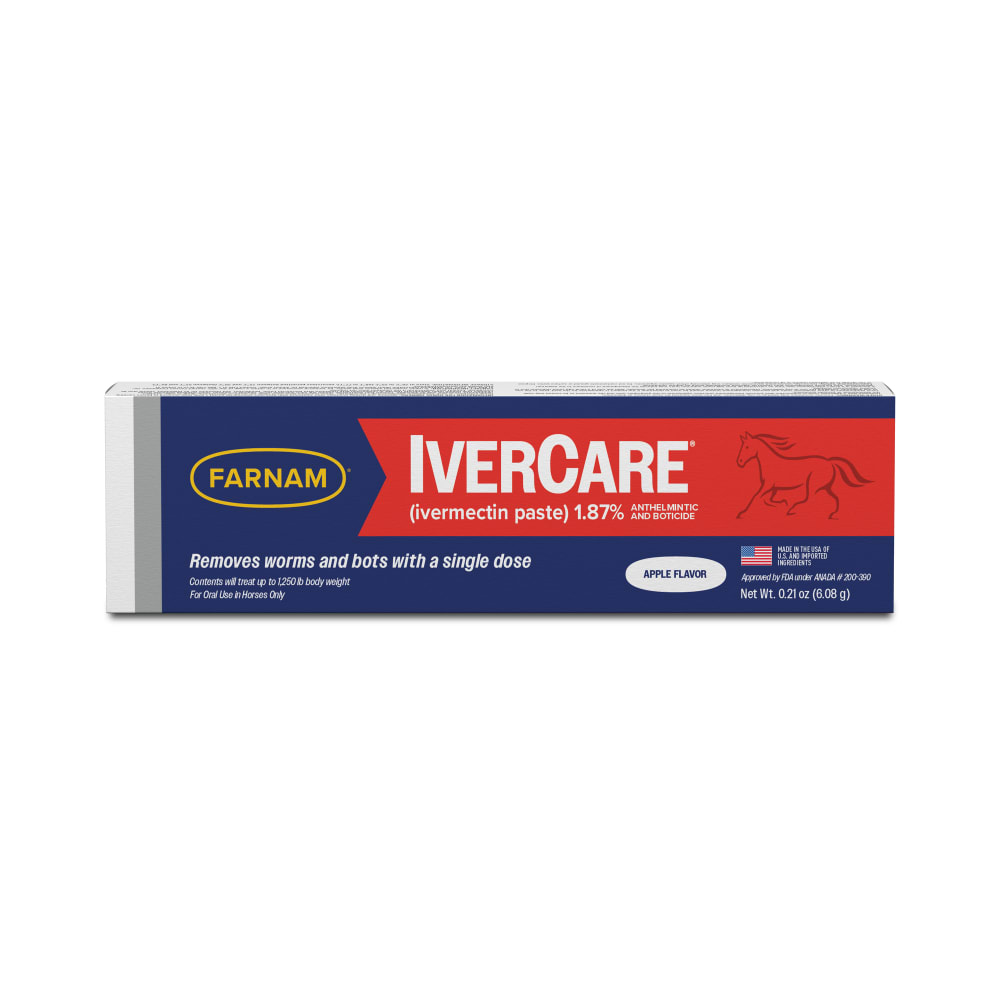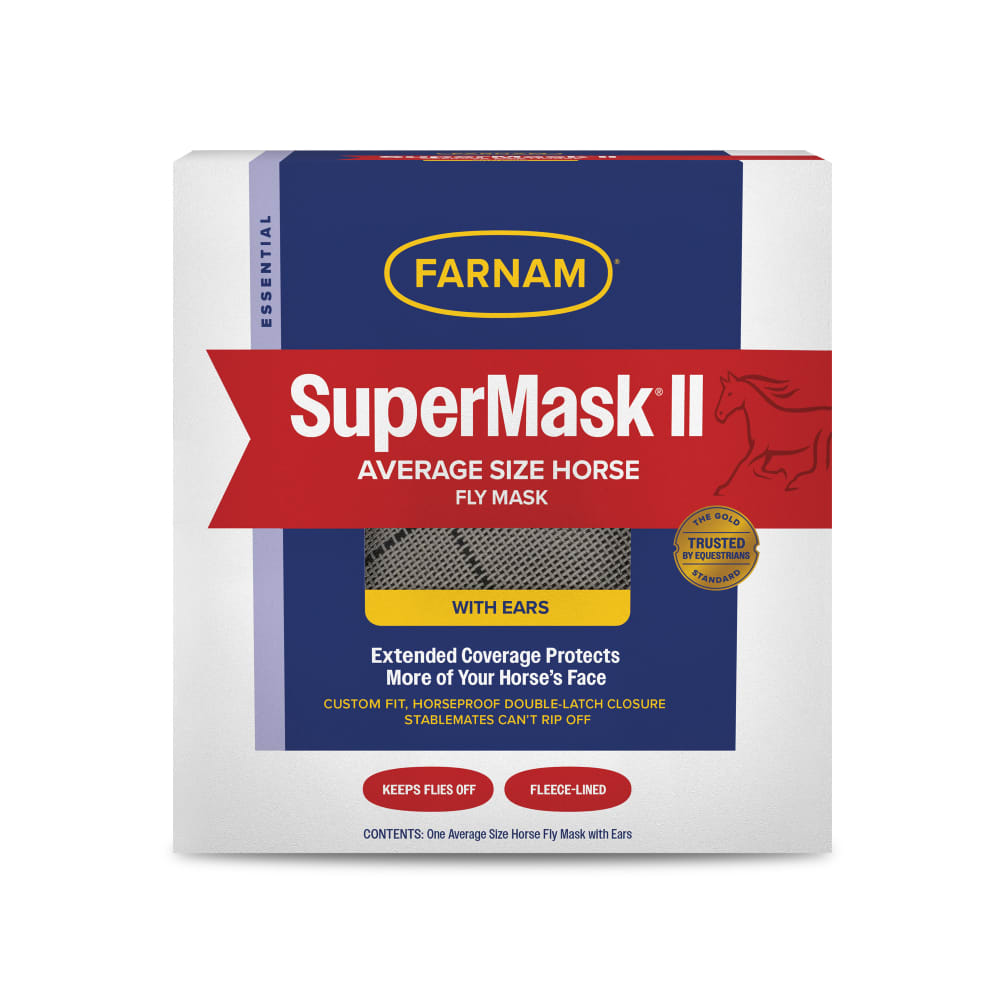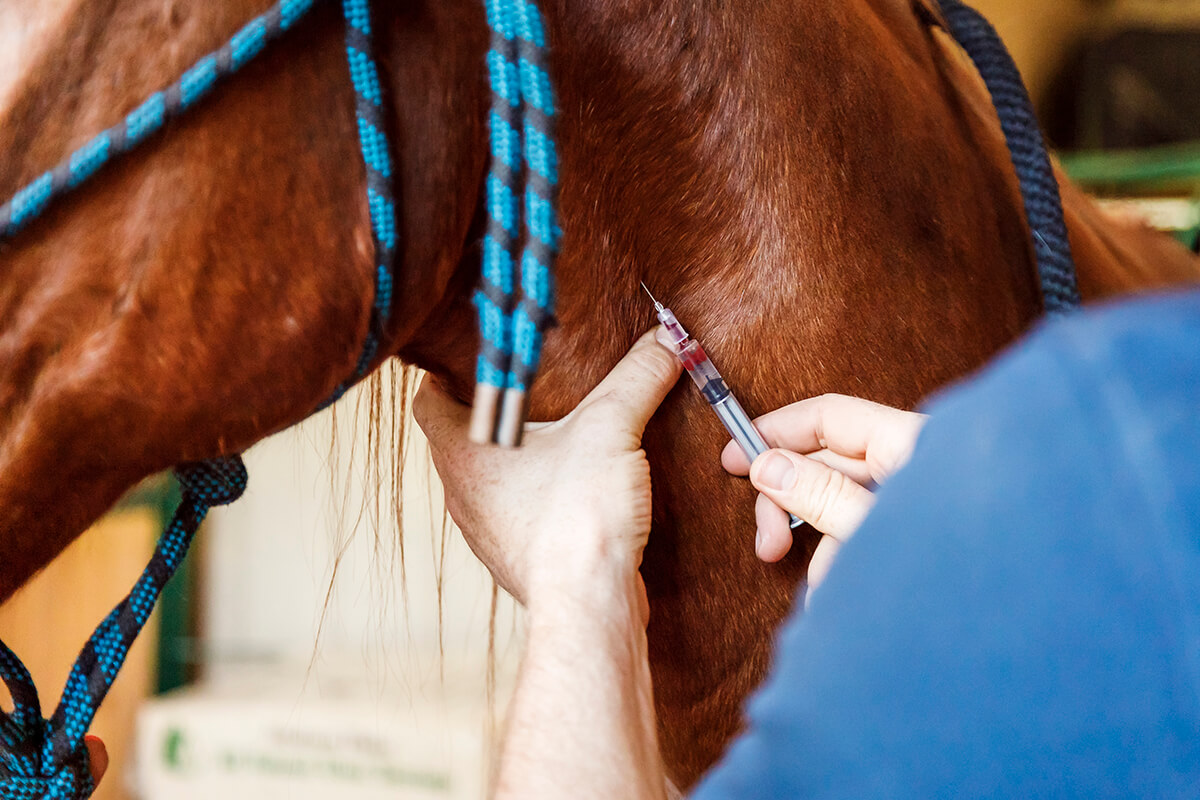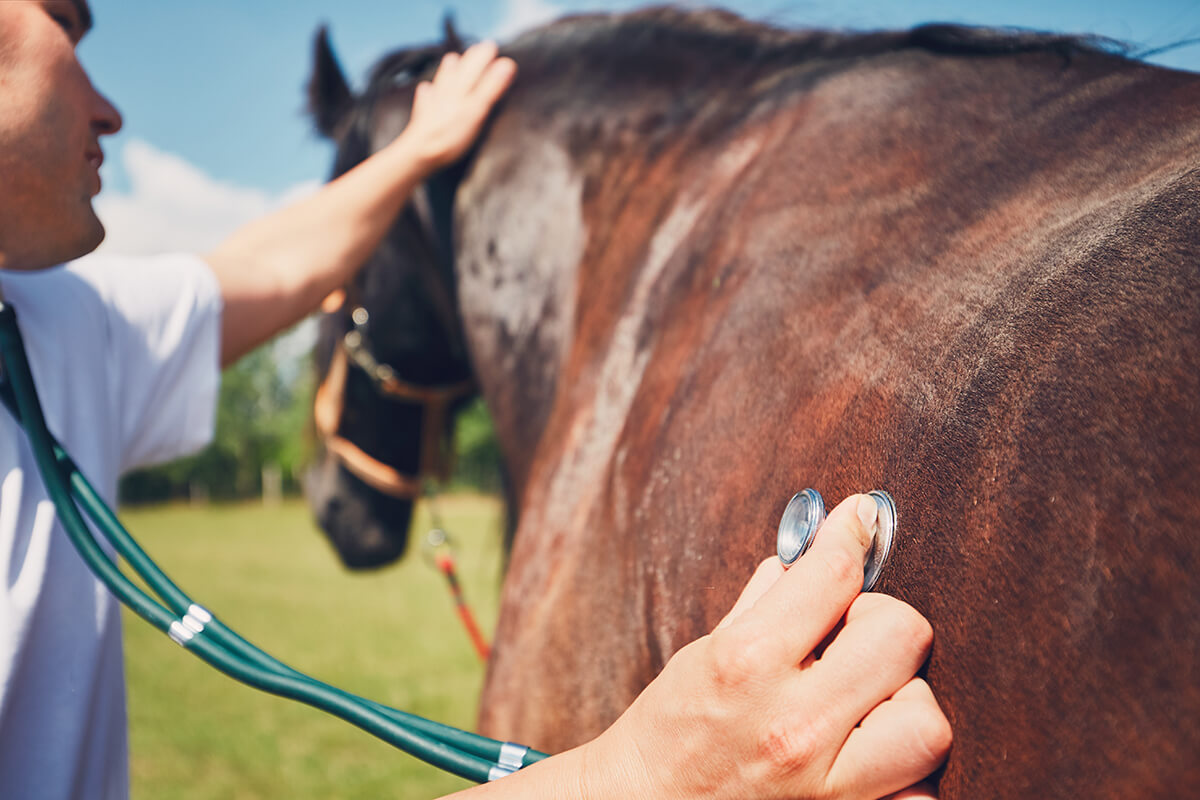Vesicular Stomatitis (VS) Summer 2019 Outbreak

Colorado, Nebraska, New Mexico, Oklahoma, Texas, Utah, and Wyoming have all confirmed positive cases of vesicular stomatitis (VS) this summer. The highly contagious disease can be transmitted by black flies, sand flies, midges, and possibly by other insects. It is also spread horse to horse, and people can unintentionally spread the virus by their shoes, clothing and hands after touching an infected animal.
It can take anywhere from two to eight days for clinical signs to show up once a horse has been exposed to the virus.
Clinical signs of VS include:
• Drooling/frothing at mouth/excessive salivation
• Fever
• Lesions that resemble blisters in/around the mouth, lips, tongue, nose, coronary band and/or sheath/udder
• Reluctance to eat
• Lameness (if lesions form around coronary band)
The good news is that healthy horses are more resistant to VS and other diseases, so do everything you can to keep your horse in optimal health. This includes balanced nutrition, a good exercise program, routine veterinary and dental exams, regular hoof care, deworming and staying current on vaccinations, based on your individual horse's needs.
Life with Horses Newsletter
Sign up now to stay connected with free helpful horse care tips, product updates, and special offers.





